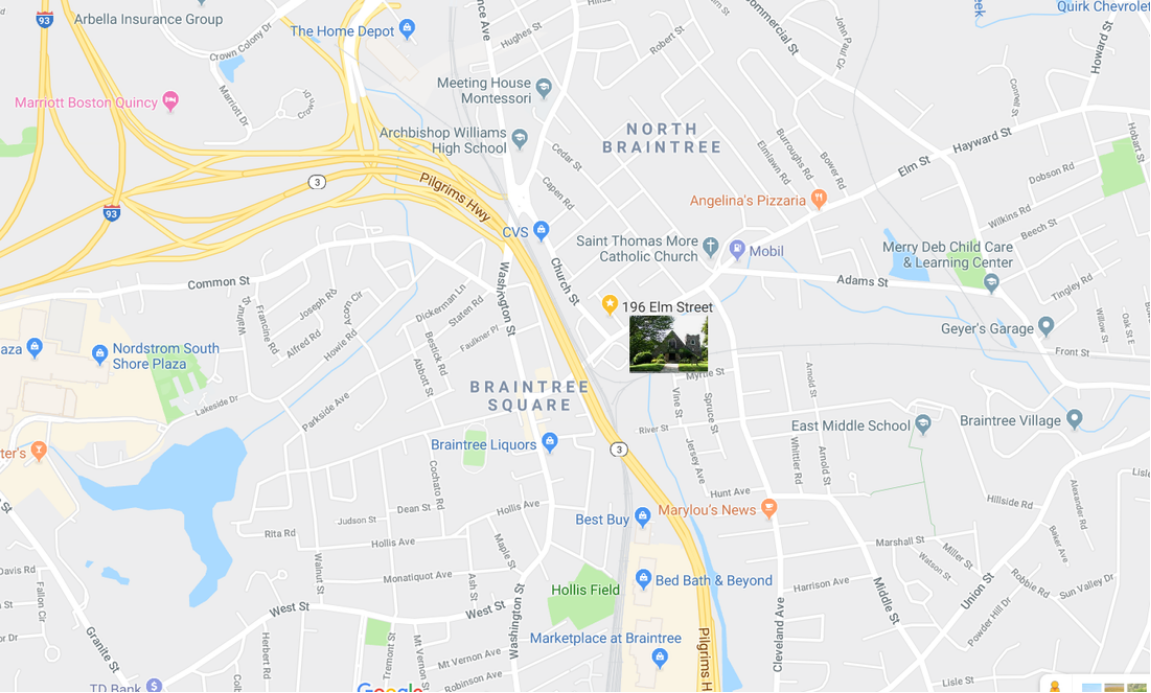Welcome to All Souls Church of Braintree, a liberal faith tradition
in Braintree, Massachusetts, since 1833.
All Souls Unitarian Universalist church warmly welcomes individuals of all beliefs, including those who identify as non-religious. Our inclusive community values diversity and encourages open-minded exploration. Everyone is welcome to join us in fellowship and shared experiences.
As a Unitarian Universalist congregation, we strive to make the world a better place by living out our values. We covenant to affirm and promote the inherent worth and dignity of all persons as we engage in an ongoing search for truth and meaning.
Whoever you are, whomever you love, however you inhabit your body, and wherever you are on life’s journey, you are welcome into the life of this church.
in Braintree, Massachusetts, since 1833.
All Souls Unitarian Universalist church warmly welcomes individuals of all beliefs, including those who identify as non-religious. Our inclusive community values diversity and encourages open-minded exploration. Everyone is welcome to join us in fellowship and shared experiences.
As a Unitarian Universalist congregation, we strive to make the world a better place by living out our values. We covenant to affirm and promote the inherent worth and dignity of all persons as we engage in an ongoing search for truth and meaning.
Whoever you are, whomever you love, however you inhabit your body, and wherever you are on life’s journey, you are welcome into the life of this church.
Located at: 196 Elm Street, Braintree, MA
Postal Mail: PO Box 850219 Braintree, MA 02185
Call us at 781-843-1388
Text us at 781-817-3952
Postal Mail: PO Box 850219 Braintree, MA 02185
Call us at 781-843-1388
Text us at 781-817-3952
Green Sanctuary, Accessible, Welcoming, Adaptive Hearing Devices, Large Print Orders of Service
All our meetings, connection circles, services and groups are streamed live on Zoom. Sunday service is in person at All Souls Church, streamed on Zoom and often on Facebook. The zoom link is
https://zoom.us/j/96571006038
If the technology is a barrier, you can call in by phone
One tap mobile
+13017158592,,96571006038# US (Washington DC)
+13052241968,,96571006038# US
---
Meeting ID: 965 7100 6038
Please note that our Food for the Soul potluck brunches are not live streamed.
For information about WEATHER CANCELLATIONS - GO HERE
or visit the WCVB storm center onlinewww.wcvb.com/weather/closings












